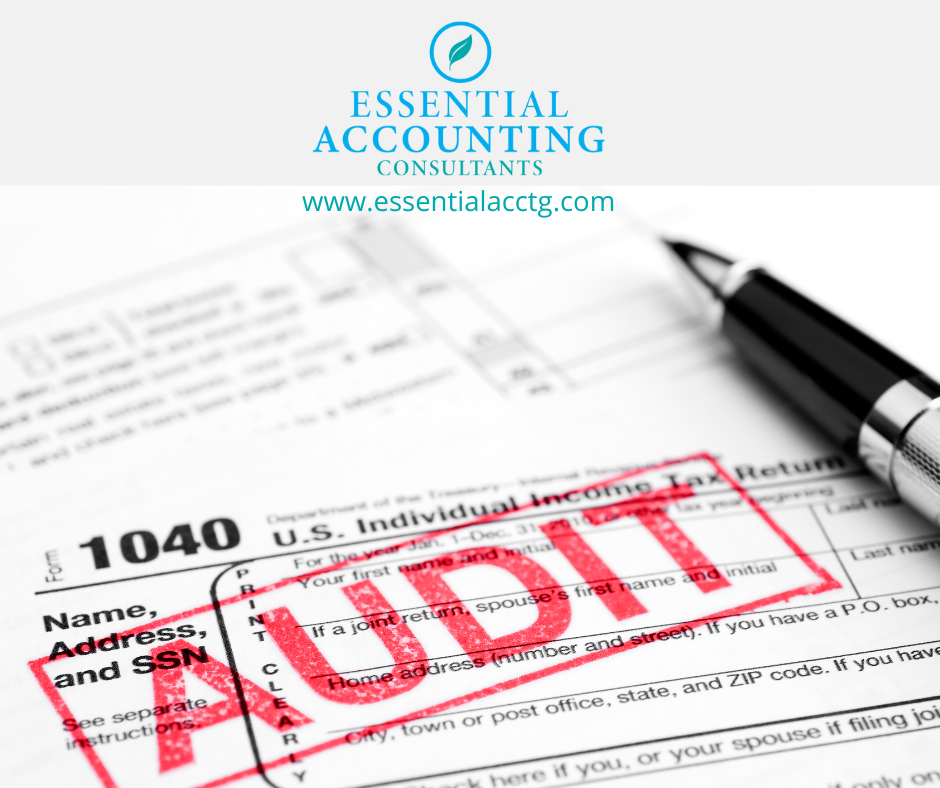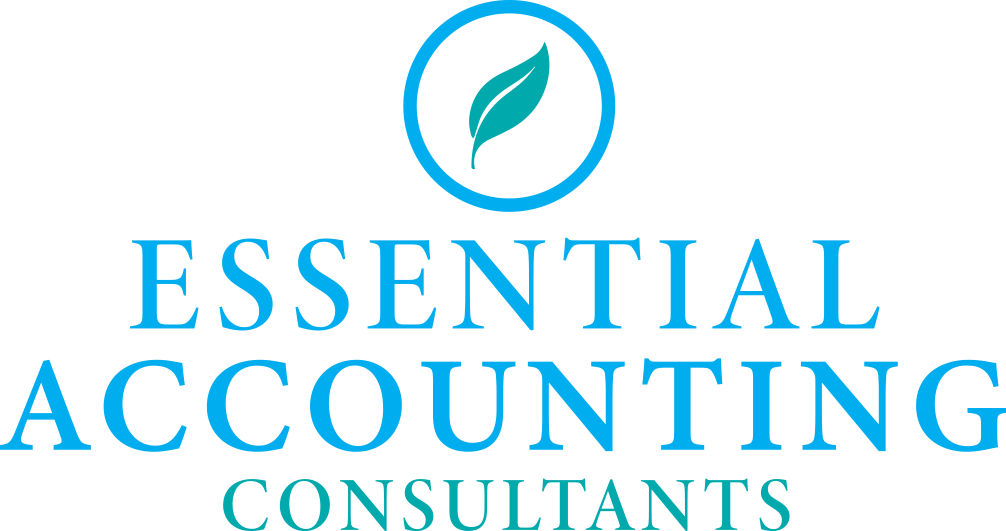Tips and Strategies to Minimize Risk and Stay Compliant”

“Preparing Your Small Business for an IRS Audit”
The thought of an IRS audit can be intimidating for any small business owner. With the right preparation, however, you can minimize the risk of an audit and ensure your business remains compliant. #RobinBoyd and Essential Accounting are here to provide practical tips and strategies to help you prepare for a potential IRS audit.
In this blog post, we’ll explore the importance of accurate record-keeping, proactive tax planning, and implementing internal controls to keep your business audit-ready.
Tip 1: Maintain Accurate and Organized Records
Maintaining accurate and organized records is one of the most critical factors in avoiding an IRS audit. Proper documentation supports your tax claims and provides a clear picture of your business’s financial transactions. Some tips for effective record-keeping include:
- Use a reliable accounting system to track your income and expenses.
- Store receipts, invoices, and other documents in an organized manner, either physically or digitally.
- Retain records for at least six years, as required by the IRS.
- Regularly review and reconcile your financial statements.
By keeping your records accurate and organized, you’ll be better prepared to address any questions the IRS may have regarding your business’s tax returns.
Tip 2: Implement Internal Controls
Internal controls are crucial for preventing errors and fraud and ensuring compliance with tax laws. Some essential internal controls to implement include:
- Separation of duties: Divide employee responsibilities to reduce the risk of errors or fraud.
- Regular financial audits: Conduct internal audits to identify potential issues and maintain compliance with tax laws.
- Employee training: Educate employees on tax regulations and best practices to ensure they understand their responsibilities.
- Document policies and procedures: Develop written guidelines for handling financial transactions and tax-related matters to create a consistent and compliant approach.
Implementing these internal controls will help protect your business from potential audit triggers and improve overall financial management.

Tip 3: Engage in Proactive Tax Planning
Proactive tax planning can help you identify potential red flags and address issues before they become problems. Working with a tax professional like Robin Boyd and Essential Accounting can ensure your business follows best practices and takes advantage of available deductions and credits. Proactive tax planning includes:
- Estimating taxable income and tax liability.
- Analyzing tax implications of business decisions.
- Maximizing deductions and credits.
- Monitoring tax law changes and adjusting strategies accordingly.
Engaging in proactive tax planning will help you stay compliant with the IRS, minimize your tax burden, and improve your overall financial health.
Ready to safeguard your small business against IRS audits? Schedule a consultation with Robin Boyd and Essential Accounting today to learn more about our tailored tax planning and compliance services.]
Preparing your small business for an IRS audit doesn’t have to be a daunting task. By following the practical tips and strategies from Robin Boyd and Essential Accounting, you’ll ensure accurate record-keeping, implement essential internal controls, and engage in proactive tax planning to minimize the risk of an audit and keep your business compliant. Want to know more? Schedule a consult today! https://calendly.com/essentialaccounting/30discovery
#SmallBusiness #IRSAudit #TaxPlanning #RecordKeeping #InternalControls #EssentialAccounting #RobinBoyd





Recent Comments